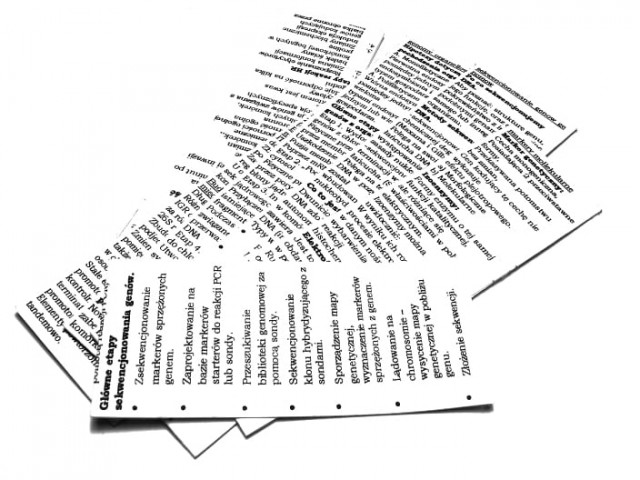Access to information: A step closer to a more open government
Issue with implementation of freedom of information laws is working culture which is neither transparent nor open.

Access to information: A step closer to a more open government
“We don’t have this information. Call someone else,” is a familiar line uttered by government officials when asked by journalists to answer relevant questions about their department or ministry’s work.
Bar a few proactive ministries and government bodies, information is hard to obtain online and even more difficult in person. While leaked documents frequently make their way to reporters, they are released by officials with a certain angle in mind and so lose their credibility.
A new law has been introduced in the National Assembly by MNA Sherry Rehman that seeks to reform many of the issues with the current freedom of information laws. Rehman says the current ordinance is vague and was heavily criticised when it was introduced, including by the All Pakistan Newspapers Society.
Information requests filed under the current law are often denied by the government. Appeals to the federal or provincial ombudsman have sometimes materialised, however, it remains a painstaking process.
The new bill, titled the Right to Information (RTI) Act 2010, aims to simplify the process of gaining access to public records and expands definitions. It also includes punishments against officials who hinder access to public records and importantly, introduces whistleblower protection and reduces the time limit for the release of information, which would not only aid forthright officials who want records to be public, but also protects those who provide information, often at a considerable risk. Additionally, the RTI 2010 mandates the government to maintain and computerise records.
Rehman highlighted that all over the world, documents relating to national security and the military are exempt from freedom of information laws, but are declassified later. The proposed bill states that all public records should be declassified 20 years after their initiation, except those related to financial and banking institutions’ customers, deployment of defence forces and defence installations, and individuals’ records.
The right to information is guaranteed by the Article 19-A of the constitution, which states: “Every citizen shall have the right to have access to information in all matters of public importance subject to regulation and reasonable restrictions imposed by law.”
But the issue with the implementation of freedom of information laws is a working culture which is neither transparent nor open. Additionally, Rehman points out that there are examples like the Punjab government, which amended its rules of business to actively prevent dissemination of information.
Flaws pointed out
According to Zahid Abdullah, who heads the Centre for Peace and Development Initiatives’ Transparency and Right to Information Programme, there are two flaws in the bill Rehman has introduced. “It envisages the federal ombudsman as the appellant body, but these are not specialised officials and can delay responses. Secondly, in countries such as India, there is a powerful central information commission which not only has the powers to demand information but also imposes a fine on unlawful denials by the government and guides it on how to proactively provide information. This bill does not have that.” The proposed bill states that the ombudsman’s decision can be appealed in a high court or the Supreme Court.
Reform isn’t around the corner
“Laws take a long time to be passed,” Rehman said, highlighting that it took several years to pass the sexual harassment and women’s protection bills. She does not know when the RTI bill will be moved for debate, since there are other issues lawmakers have to deal with, but hopes that it will feature on the NA roster in upcoming sessions.
Published in The Express Tribune, October 2nd, 2011.



















COMMENTS
Comments are moderated and generally will be posted if they are on-topic and not abusive.
For more information, please see our Comments FAQ